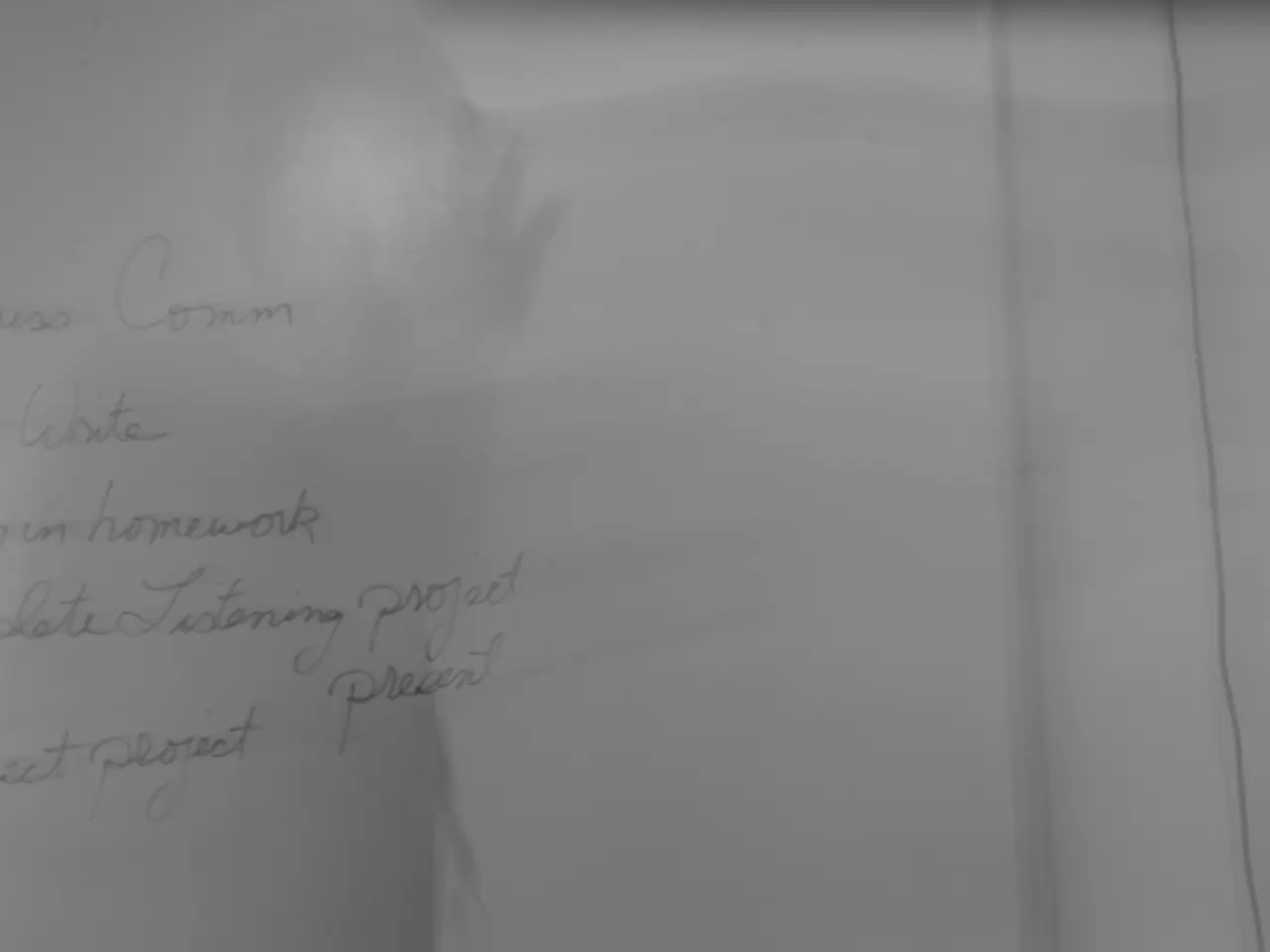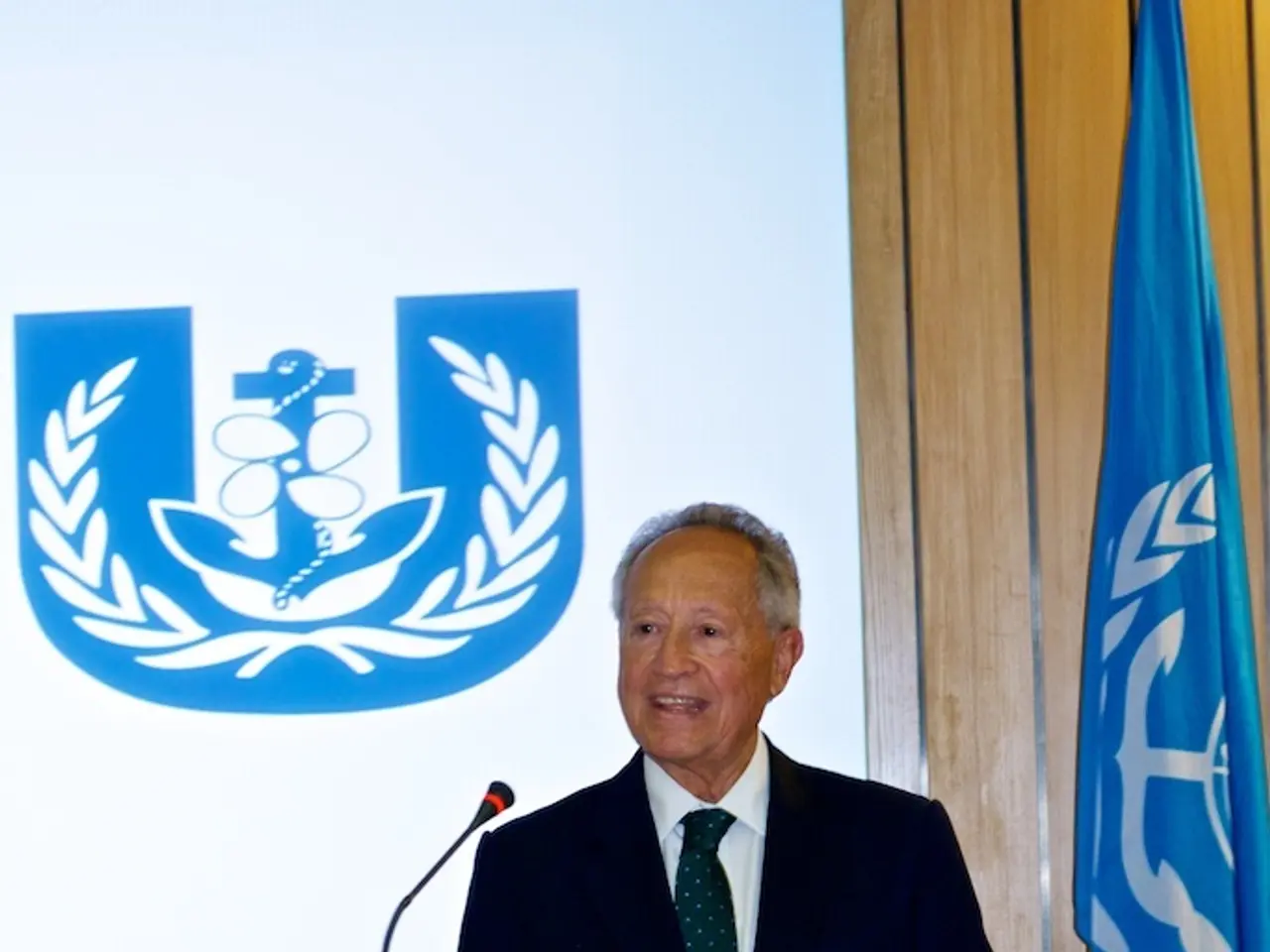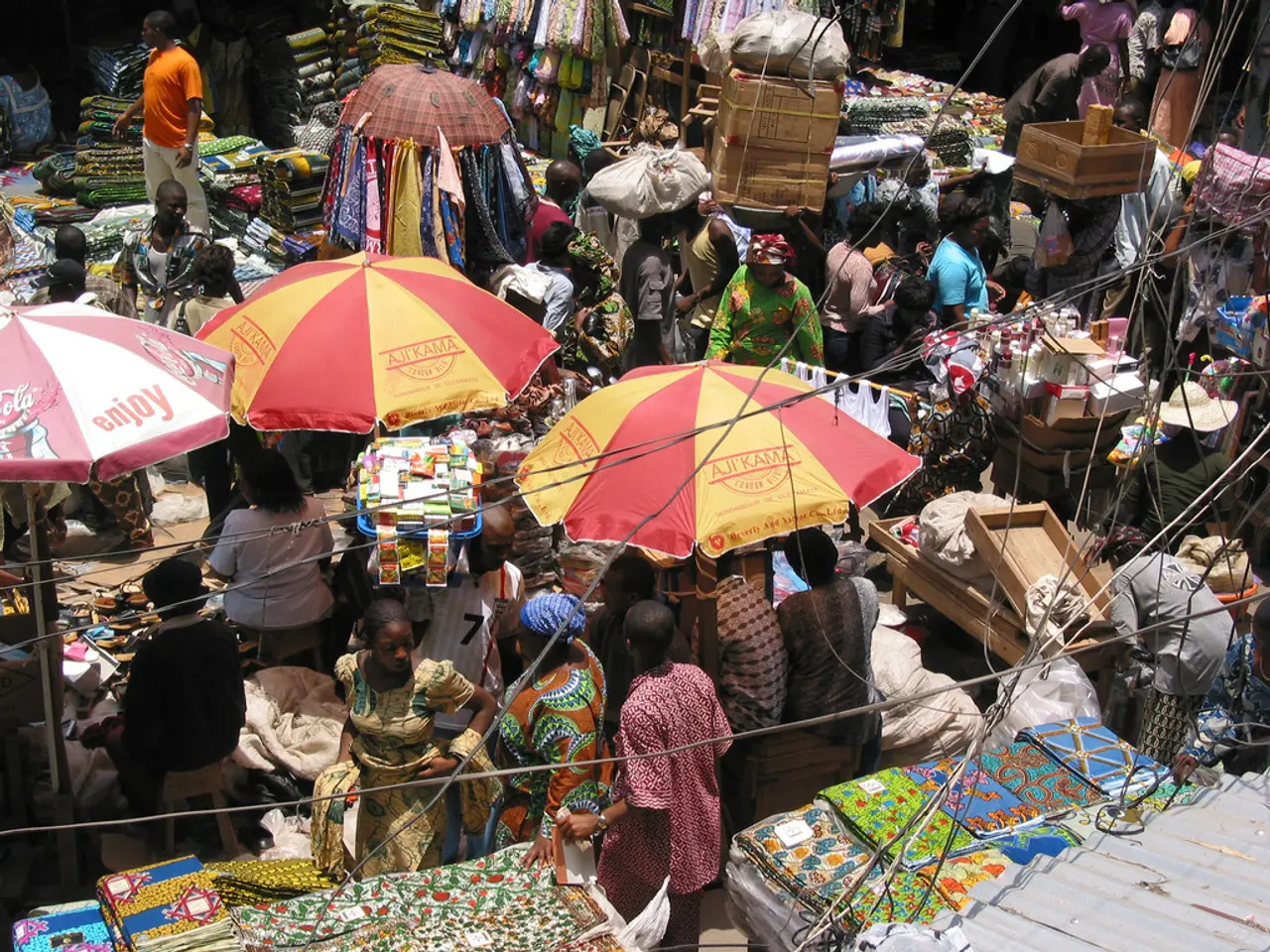Russians will not face termination: Putin vows to bolster homegrown automobile sector
In the face of economic challenges, high interest rates, and declining consumer demand, the Russian government is taking action to bolster the domestic automotive industry. Various state support measures have been implemented and proposed to help the sector recover.
### Current Measures
The government has launched demand support programs such as the "First Car" and "Family Car" initiatives, offering subsidies and incentives to encourage consumers to purchase Russian-made vehicles. To prevent a predicted 40% decline in the market, the government has increased these discounts [1]. Additionally, the central bank has reduced the key interest rate from 21% to 20% in June 2025, potentially leading to lower auto loan rates and increased demand [2][3].
### Proposed and Future Measures
Further interest rate cuts and government subsidies are expected to support the recovery of the automotive market, aiming to unlock deferred demand and stabilize the market [2][3]. The government is also emphasizing localization efforts, which could require foreign and Chinese automakers to increase local production and investment [2].
### Impact on Cost and Availability of Imported Cars
The increased localization requirements could lead to higher costs for imported cars, potentially reducing the competitive advantage of imported vehicles, especially those from China, which currently make up over 50% of the Russian market [2]. High interest rates and state support for domestic producers could further shift consumer preferences towards locally produced vehicles, potentially reducing the demand for imported cars and leading to a decrease in their availability [2][3].
The ongoing geopolitical tensions and economic challenges in Russia contribute to a volatile market environment, which can impact the pricing and availability of imported cars [2][3]. For instance, Putin has suggested reconsidering support measures to balance the interests of automakers, the state, and consumers.
Notable developments in the Russian automotive industry include the start of production by Sollers of a minivan competitor to the popular Toyota Alphard in the Primorye region [4]. Furthermore, the Russian government has been instructed to prioritize support for domestic producers in the update of the project for the development of the Russian automotive industry [5].
The government is also planning to adjust the scrappage fee system to help people buy cars and increase domestic car production [6]. The scrappage fee is a tax paid by producers and importers for each vehicle they produce or import into Russia. This adjustment could make popular imports more expensive, as scrappage fees will increase [7]. The MMK employee has expressed concern that this increase could negatively impact the market [7].
In addition, the Russian automotive landscape is evolving with the introduction of new domestic models. For example, AvtoVAZ has presented a new crossover called Lada Azimut [8]. Moreover, a new electric car, "Kama", has rolled onto the Far East [9].
Individuals' contributions will help provide discounts for Russian car buyers [10]. The government always considers supporting the automotive industry during economic challenges [3]. These support measures aim to prioritize domestic producers and stimulate the growth of the Russian automotive industry.
References: [1] https://www.rbc.ru/business/27/05/2021/5ecd538b9a7947831b3a2908 [2] https://www.reuters.com/world/russia/russia-continues-support-domestic-car-industry-amid-slump-2021-06-16/ [3] https://www.bloombergquint.com/global-economics/russias-car-market-sales-to-fall-30-in-2021-as-china-cuts-exports [4] https://www.rbc.ru/auto/28/05/2021/5ecf63c59a7947831b3a3f74 [5] https://www.interfax.ru/russia/794150 [6] https://www.interfax.ru/russia/794150 [7] https://www.rbc.ru/business/27/05/2021/5ecd538b9a7947831b3a2908 [8] https://www.rbc.ru/auto/28/05/2021/5ecf63c59a7947831b3a3f74 [9] https://www.rbc.ru/auto/28/05/2021/5ecf63c59a7947831b3a3f74 [10] https://www.interfax.ru/russia/794150
In order to stimulate the growth of the domestic automotive industry, the government has initiated demand support programs, such as the "First Car" and "Family Car" initiatives, offering subsidies and incentives for the purchase of Russian-made vehicles. Additionally, the government supports the industry by proposing further interest rate cuts and government subsidies, aiming to increase local production and investment in transportation, which could impact the finance sector due to changes in the cost and availability of imported cars from the automotive industry.




